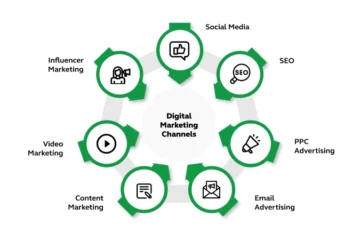Days before U.S. Defence Secretary Ash Carter is to visit India, there is no clarity on whether three key foundational agreements will be signed during the visit, officials on both sides told The Hindu.
Negotiations on the Logistics Support Agreement (LSA) — one of the three agreements — which would give the U.S. access to Indian military bases and vice versa are down to the last minute ahead of Mr. Carter’s visit on April 10. India had resisted signing these agreements for more than a decade.
“Talks are going on. We cannot say anything now … There are few more days to go [for the visit],” one senior official involved in the negotiations observed but refused to comment if the major sticking points had been resolved.
The three “foundational agreements” essentially guide U.S. high technology sales to other countries. In addition to the LSA, these include Communications Interoperability and Security Memorandum of Agreement (CISMOA) and Basic Exchange and Cooperation Agreement for Geo-spatial Cooperation (BECA).
As reported by The Hindu earlier, senior defence officials had said that an agreement on the LSA was possible and India had only one clarification on it which was what would be the case in case of war against countries friendly to India. The arrangement is also likely to be India-specific and access to bases would be on a case by case basis.
However, India had termed the other two agreements intrusive and had sought revised drafts from the U.S. The U.S. had been pushing India to sign the agreement for over a decade but the two sides revived negotiations after the Narendra Modi government took office.
Dr. Ashley Tellis, India expert at Carnegie Endowment for International Peace, said an “in principle” understanding had been reached as early as 2004 to conclude the agreements. “The loss for the BJP in that election led to this enormous delay which I think has been unfortunate for both sides,” he noted.
He termed the agreements legal requirements as per U.S. law and “if India signs these agreements then a whole world of possibilities opens up.”
“I don’t know what the state of the negotiations are … but the point I would make is that India has to make a decision about whether it wants the fullest access to technologies possessed by the U.S.,” Dr. Tellis told The Hindu.
However, if India chooses not to sign them, Dr. Tellis observed that the U.S. will still choose to work with India. “There is no question about it but it imposes limits on the extent to which tangible cooperation can occur,” he added.


